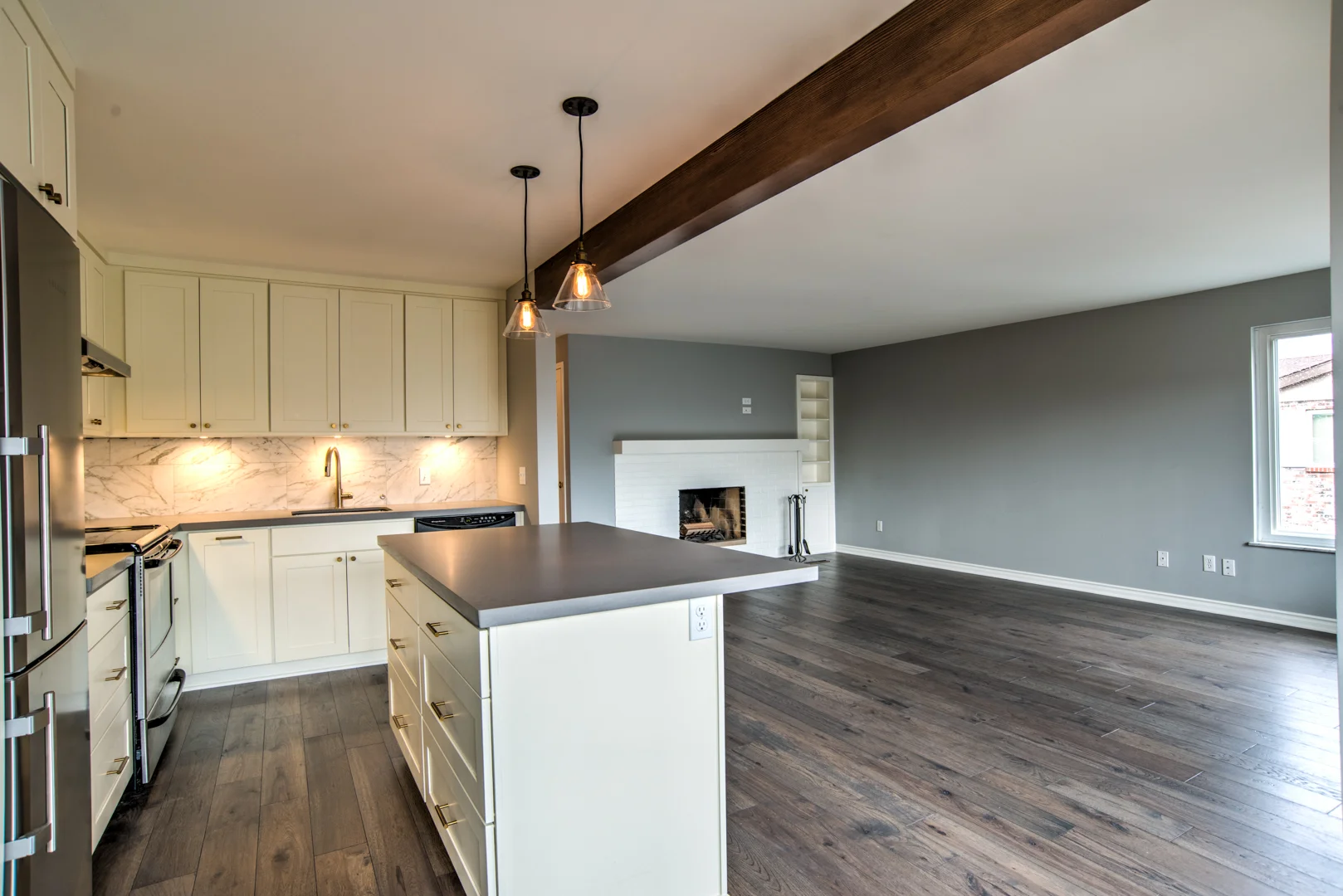Inside the home appraisal process
Here’s what happens when you get your house appraised
Getting your house appraised can be a little intimidating if you have never done it before. Luckily, the process isn’t too hard and since the appraiser will be doing all the real work, so once you have the appraisal process in motion there isn’t too much to worry about.
How does the appraisal process start? It depends on why are you getting an appraisal in the first place.
There are lots of reasons that people get their house appraised, and the process will actually largely be guided by WHY you are having your house appraised in the first place.
You are just kinda curious…
If you are just curious about the value of your property, then it may be best to look at either Zillow or Redfin for an estimate on the price of your property. I actually keep track of my house value through my free Personal Capital account. They have a cool integration with Zillow that enables me to keep track of my house value as a component of my net worth over time, automatically, which you can see below.
Now, of course you can go out and find your own appraiser as well. It isn’t too hard to find appraisers through a quick online search, or by asking a friend or colleague who may know one. Builders and real estate agents are also great sources for an appraiser recommendation. No matter what, make sure your appraiser is certified and licensed to perform the appraisal before you get started.
How the home appraisal process works if you want to have your PMI removed
Mortgage insurance is one of the most annoying fees in the entire world. It can be removed, however, if your property has been improved or has risen in value enough to decrease your debt to equity ratio below the threshold of your lender.
If you want to have your PMI removed before it comes off automatically (full article here), you are going to have to get an appraisal (unless you refinance). Keep in mind that you are going to need to initiate the appraisal through your lender, and use an appraiser that they approve in order for the process to work properly.
Yes, it is a little annoying that they have to choose the appraiser, but in a way it makes the process easier. Once I had initiated my appraisal through Wells Fargo, I had my appraisal in hand less than a month later, and my PMI was removed the month following that.
How the appraisal process works if you are buying a new house
If you are buying a new house, it may be surprising to hear that you may need to get the home appraised. In many rapidly appreciating markets, people have to make bids for homes that are significantly above asking price, and in some cases above the market value of the home. Naturally, if there is a lender involved, they want to know that the collateral on their loan (aka, the house) is worth enough to be able to make them whole if you default on the loan.
An appraisal isn’t always necessary when buying a new home, but your real estate agent and mortgage broker will be able to tell you whether or not you will need one. As you might expect, you will need to use an appraiser that the lender approves.
It’s important to keep the appraisal in mind as you are bidding on a home as well - even if you can afford the mortgage the lender may still deny the loan if the appraisal on the property is too far beneath what you are paying for it.
How the home appraisal process works if you need it for insurance
Insurers may also want you to get your home appraised to make sure that the property is insured properly. If you are getting an appraisal for insurance you need to be sure to go through the steps that your insurer has outlined, and use one of their recommended appraisers.
How much does it cost to get a home appraised?
Appraisal costs vary depending on location, as well as the size of the property in question. My 1000 sq. ft. condo cost around $500 to appraise, and I would expect that a detached home would be a little bit more than that. A large home could be quite a bit more.
What happens after the appraiser gets started? What exactly do they… do?
Once the appraisal process has started, you just have to wait. Although the appraisal document you will receive at the end of the process will be relatively long, the information contained in the appraisal really only focuses on three things:
What are the facts about your property?
The value of a home is largely driven by its size and location. Generally, a 1000 sq. ft. home is worth less than a 2000 sq. ft. home in the same location and in the same condition. In the appraisal process, the appraiser will work to access county and city records along with other documents that can back up the objective facts about your property so they can better understand its value.
Once they have gathered the objective information about the home, they will then schedule an onsite visit to confirm that information and asses the condition and quality of the property.
What is the condition and quality of your property?
Beyond the objective facts about the property, its quality and condition is also an important element to any appraisal. Although they sound similar, quality and condition are actually very different attributes.
Quality is a measure of the building materials and construction that went into your property in the first place. Generally, more custom and expensive materials will be given a higher ranking for quality.
Condition is a measure of what state the property is currently in. You could have a beautiful, highly custom and well built home that has been completely neglected for 30 years and needs immediate repairs.
Appraisers use a set of shorthand codes to describe quality and condition, on a scale of 1-6. Next week, I will go into detail on those codes and what they mean but 1 is the best and 6 is the worst. Although it seems very subjective, the ranking for these codes is actually well documented and relatively straightforward.
What are comparable properties in the area and how much have they sold for?
After the appraiser knows the facts about your home, along with its condition and quality, they will look for other properties in the area that have recently sold that are similar so they can ascertain how much your property would sell for if it were to go on the market. They call these comparable properties, or “comps”.
This is where appraisals can get contentious. Did the appraiser use the right comparison properties? Did they match the right condition and quality for those appraisal properties to your property?
The appraisal will also contain some notes about the overall direction of the market in your area.
How the appraisal process ends
Once the appraiser has finished the appraisal, they will fill all the information that they found about your property and its comps into a 10-20 page document and hand it over to you, and the other parties involved in your appraisal (mortgage broker, lender, etc). Towards the top of the appraisal, there should be a headline number that tells you what the appraiser thinks the property is worth. Their detailed findings about the property, its condition, and comps will be found further on into the document.





